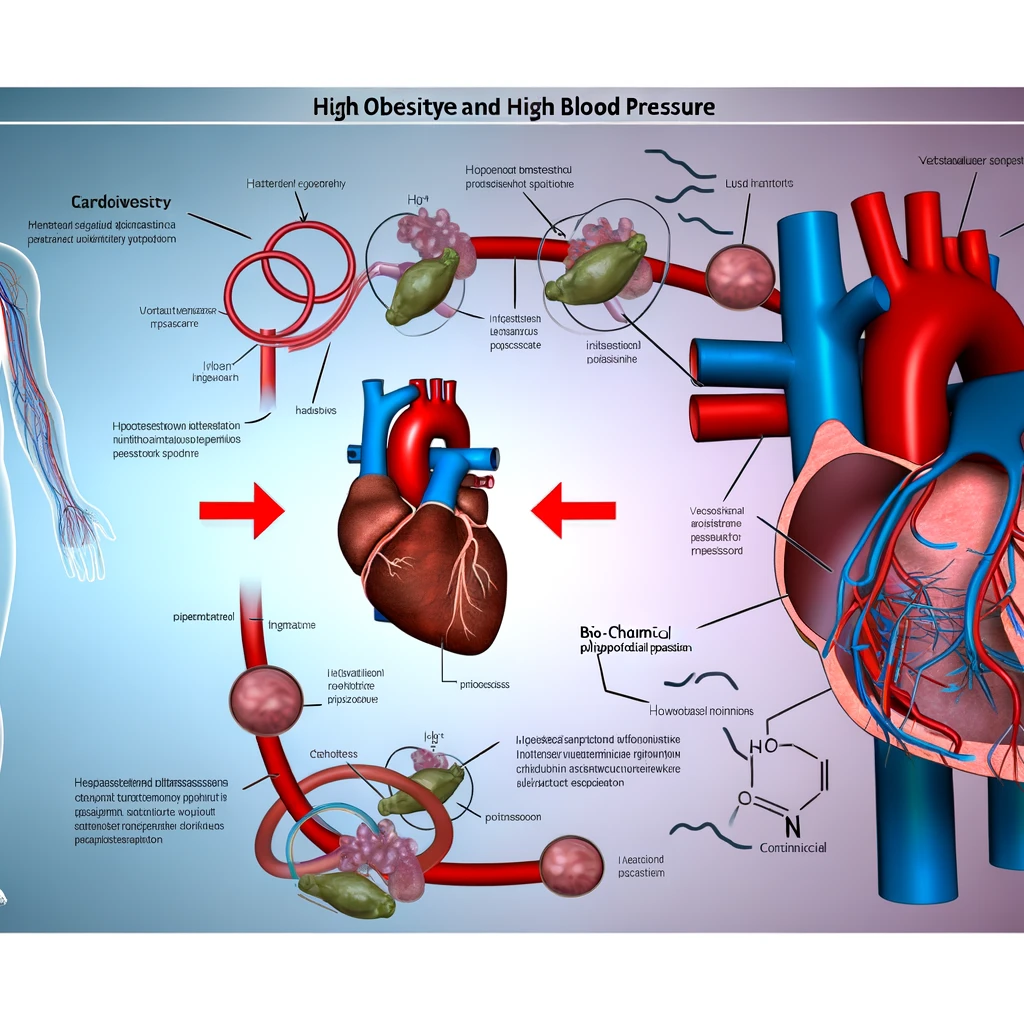Related Articles









In today's fast-paced world, stress and lifestyle choices significantly impact our cardiovascular health. Practices like yoga and meditation offer holistic approaches to managing heart rate and blood pressure. This article explores the profound benefits these practices can have on your heart health.
Heart rate and blood pressure are critical indicators of cardiovascular health. An elevated heart rate or high blood pressure increases the risk of heart disease, stroke, and other health issues. Managing these factors through lifestyle changes can lead to improved health outcomes.
Yoga, a centuries-old practice, encompasses physical postures, breathing techniques, and meditation. Regular practice can significantly lower resting heart rate, indicating improved heart efficiency. Poses like Shavasana (Corpse Pose) and Vrikshasana (Tree Pose) promote relaxation and reduce stress-induced heart rate spikes.
Pranayama, or controlled breathing exercises, is integral to yoga. Techniques such as Anulom Vilom (Alternate Nostril Breathing) and Kapalbhati (Skull Shining Breath) enhance oxygen flow and reduce stress, effectively lowering heart rate and improving cardiovascular health.
Meditation, focusing on mindfulness and relaxation, is a powerful tool for managing blood pressure. Studies show that regular meditation practice can lead to a noticeable reduction in both systolic and diastolic blood pressure. Techniques like Mindfulness Meditation and Transcendental Meditation are particularly effective.
Numerous studies corroborate the positive impact of yoga and meditation on heart health. A study published in the American Journal of Hypertension reported that participants practicing yoga saw significant reductions in blood pressure levels. Similarly, research in the Journal of Alternative and Complementary Medicine highlights the benefits of meditation on heart rate variability, a key indicator of heart health.
Integrating yoga and meditation into daily routines doesn't require extensive time commitments. Starting with just 10-15 minutes a day can yield significant health benefits. Online resources, community classes, and mobile apps can guide beginners through these practices.
Embracing yoga and meditation is a commitment to a healthier heart and a more balanced life. By reducing stress, lowering heart rate, and controlling blood pressure, these practices offer a natural, holistic approach to improving cardiovascular health. Start today and experience the transformative effects on your heart and overall well-being.